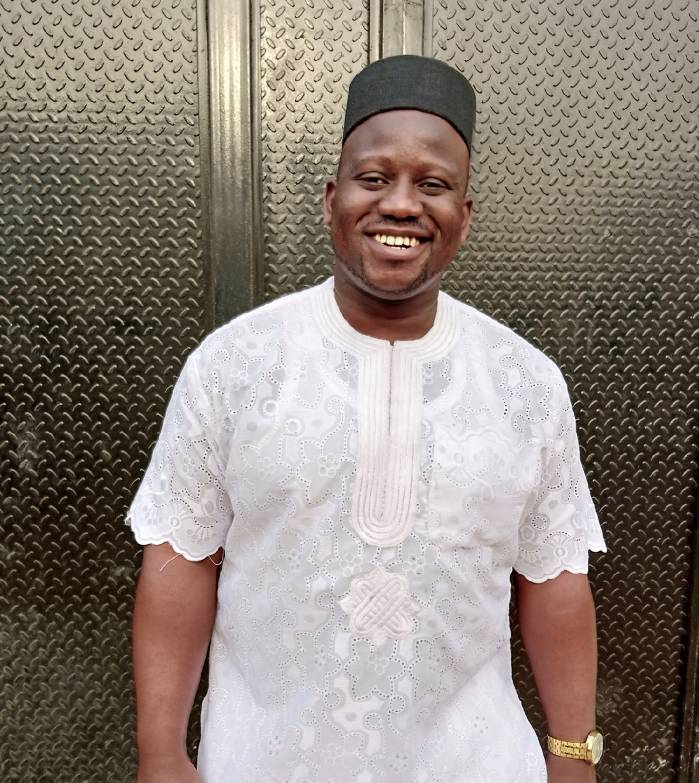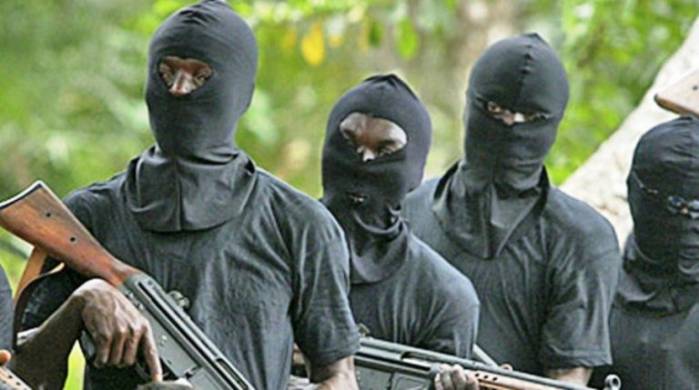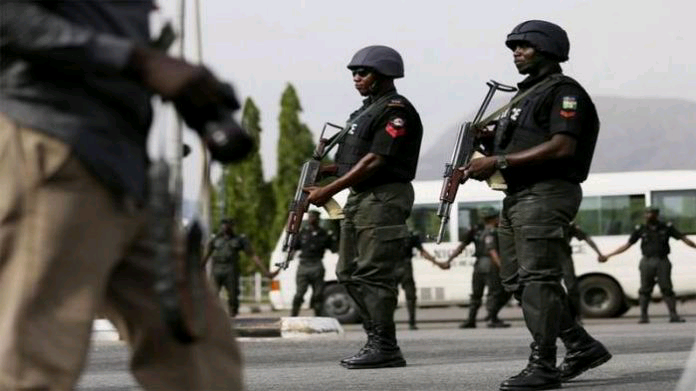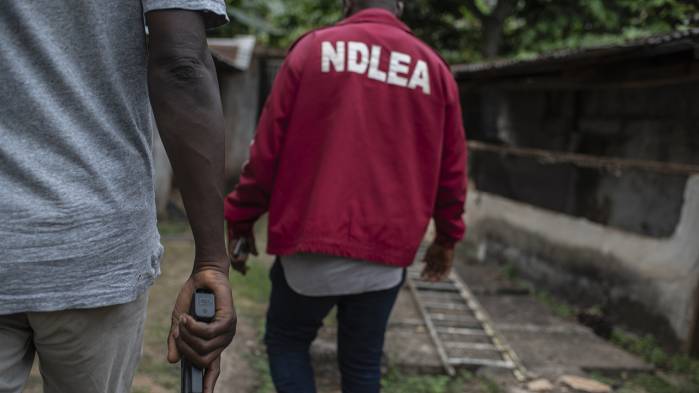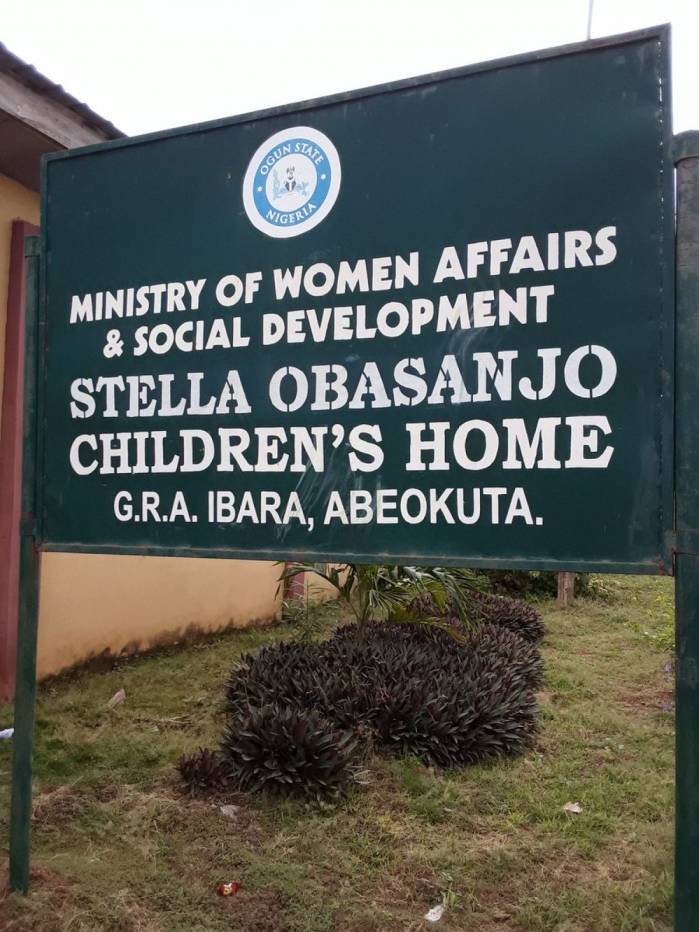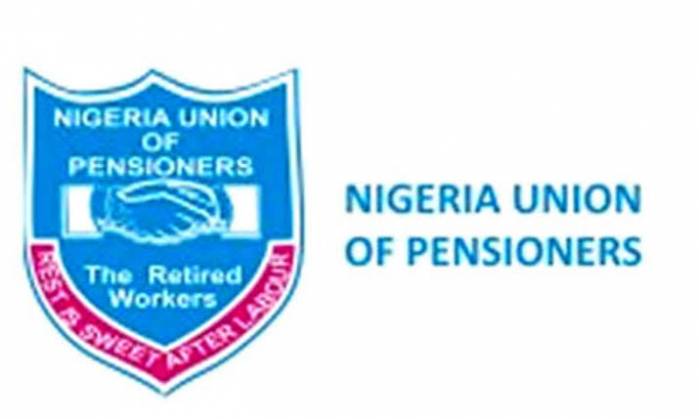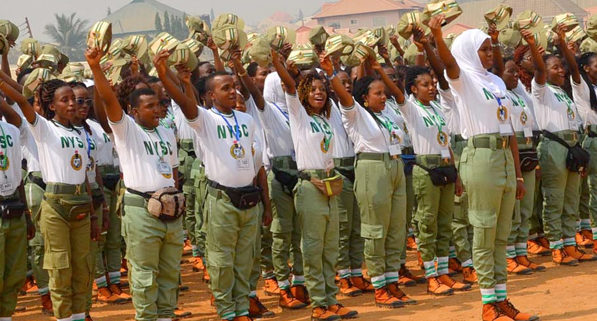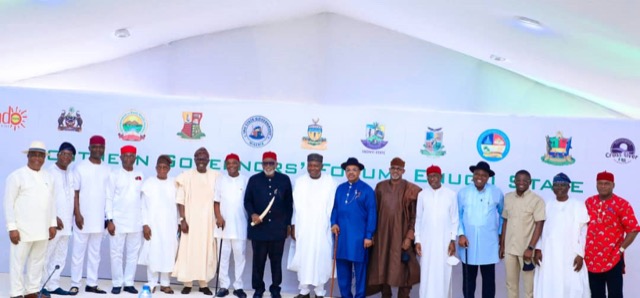Democracy is a system of government in which the supreme power is vested in the people and exercised by them directly or indirectly through a system of representation usually involving periodically held free, fair and credible elections.
In democracy; laws, policies, leadership and governance are decided by the people. Hence, the people are the drivers of democracy.
Abraham Lincoln, the 16th President of the United States defined democracy as a rule of the people, for the people and by the people. One word that keeps resonating is the “people”, which means for democracy to work, the people must be involved, and the citizens must be active, not passive.
It is pertinent to note that democracy is not just about ruling the people; it is ruling for the people, this means that the interest of the people is sacrosanct and placed above self-interest always. However, if the people are truly ruled for the people and by the people, there will be adequate representation at all levels of government and our representatives will always represent our collective interests at all times.
Democracy is a government in which everyone has a share, so says Abraham Lincoln. It is often said that majority will have their way while minority will have their say, but the most important thing is that our voices are heard and everyone is allowed to contribute to the development of the nation. When we vote, we give up our individual powers to the people representing us which implies, we have a right to know how these powers are being used.
Over the years, one major drawback of democracy in the world most especially in Africa is that we often do not have people who believe in democracy utterly and also we do not have people who are democratic in nature. Most times, what we practice in Africa is called Quasi-Democracy which is a democracy that is not all-encompassing.
For democracy to be truly pragmatic and gain momentum; it needs men, women, followers and leaders to drive the process. These people are the proponents of democracy who are willing to defend democracy at all costs and make sure the people are at the centre of governance. These set of people are called democrats.
Democrats are people who do not just see democracy as rhetoric but people who have accepted the words and the spirit therewith.
They know that ultimate sovereignty of the state lies with the people, they understand that they are accountable to the people, hence; they are willing to bring the people towards decision making and formulation of government policies.
We cannot talk of democrats in Africa without referring to our own Nelson Rolihlahla Mandela, who was the 1st democratically elected black president of South Africa (10 May 1994 – 14 June 1999). He fought for the democracy South Africa enjoys till date, even to the point he was incarcerated for 27 years. In spite of all these, he said at the beginning of his tenure that he would serve for a single term of 5 years which he did.
Although, the 1996 Constitution of South Africa permitted him to serve two consecutive five-year terms, though he had all the apparatchiks and appurtenances of power at his disposal to impose himself on the people forever, he chose the path of honour because he was democratic in nature.
The snag with democracy in Africa is that most times the players are not democratic in nature, hence; it becomes difficult to give what you don’t have. When we see power as an opportunity to empower self rather than the people, we will do anything and everything to clinch and retain power by any means. However, we can never talk of true democracy without talking of the Rule of Law. Democracy stands on the rule of law and it is reinforced by its application.
READ ALSO: 560,000 Nigerians Living With HIV Untreated
Section 14(1) of the 1999 Constitution of the Federal Republic of Nigeria states that the Federal Republic of Nigeria shall be a state based on the principles of democracy and social justice. Democracy is what will solve our problems and heal our land as a nation. Till the principles of democracy permeate all spheres and strata of our nation, only then we will have the best of us lead the rest of us.
In the words of His Excellency, Goodluck Ebele Azikiwe Jonathan, the erstwhile president of the Federal Republic of Nigeria, “my ambition is not worth the blood of any Nigerian”. Those were his words prior to the 2015 general election where he sought a reelection into the highest office of the land; he lost to His Excellency, Muhammadu Buhari and conceded peacefully. This is no small feat, especially in a region where leaders battle with sit-tight syndrome, however; he is a democrat and he placed the interest of Nigerians above his interest.
No wonder, in June 2019, he emerged as the chairperson of newly inaugurated International Summit Council for Peace (ISCP) and in July 2020, he was appointed special envoy of the Economic Community of West African States (ECOWAS) to lead mediation talks during the 2020 Malian protest, which he did successfully.
Finally, I end with this apothegm from the renowned Mahatma Gandhi which quips “the day the power of love overrules the love of power, the world will know peace”. This can only happen in a democratic environment and with democrats who are willing to make democracy thrive irrespective of whose ox is gored.
Usman O Abdullahi is a writer and a public affairs analyst based in Lagos and can be reached via [email protected]
